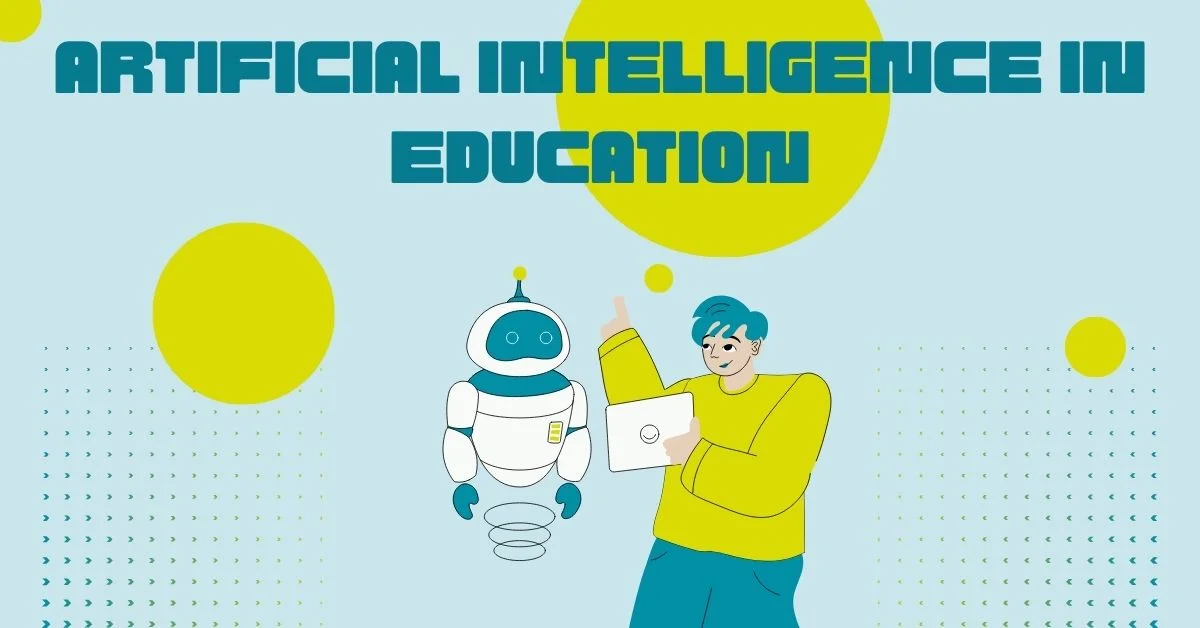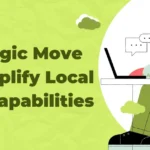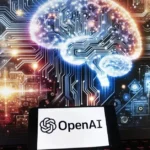Imagine classrooms where learning dances to the rhythm of algorithms, where personalized curriculums bloom like digital gardens, and where robots don’t just grade your homework, but become your tireless learning companions. This is not the stuff of science fiction, but the rapidly evolving reality of Artificial Intelligence (AI) in education.
Join us as we unlock the secrets of this digital revolution, exploring how AI is:
- Personalizing learning: AI algorithms can tailor educational experiences to each student’s strengths, weaknesses, and learning styles, fostering a nurturing environment for diverse minds.
- Amplifying engagement: Forget droning lectures! AI creates interactive experiences, from captivating VR simulations to adaptive game-based learning, igniting students’ curiosity and keeping them glued to their seats (or headsets).
- Automating the mundane: Say goodbye to tedious grading and administrative tasks! AI can handle these burdens, freeing educators to focus on what they do best – inspiring, guiding, and nurturing young minds.
- Uncovering hidden potential: AI analyzes vast datasets, identifying students who might need extra support or hidden talents waiting to be discovered. This data-driven approach ensures no student falls through the cracks.
- Breaking down language barriers: Language learning takes a giant leap forward with AI translation tools and immersive virtual interactions, opening doors to global understanding and collaboration.
But the journey doesn’t come without its challenges. Ethical considerations, teacher training, and ensuring equitable access are crucial hurdles to overcome. We’ll delve into these complexities, navigating the path toward a future where AI empowers, not replaces, educators, transforming education into a dynamic, personalized, and truly transformative experience for all.
So, buckle up, learners and educators alike! We’re about to embark on a thrilling ride through the ever-evolving landscape of AI in education. Get ready to question, discover, and imagine a future where technology doesn’t just shape what we learn, but how we learn itself.
This is just the beginning of our exploration. Stay tuned for deeper dives into specific AI applications, insightful interviews with experts, and practical tips for educators and students alike. Let’s unlock the transformative power of AI together and reshape the future of education, one byte at a time!

Customized Learning Experience
- Personalized Learning Paths: AI-driven adaptive learning systems analyze individual student data, learning styles, and progress to tailor personalized learning paths. These systems cater to each student’s pace, strengths, and areas needing improvement, fostering a more effective learning journey.
- AI Tutoring and Support: AI-powered tutoring tools offer instant feedback, guidance, and supplemental resources to students. Chatbots and virtual assistants assist learners, answering queries, providing explanations, and facilitating continuous learning beyond classroom hours.
Enhancing Teaching and Administrative Tasks
- Automated Grading and Assessment: AI streamlines grading processes, automating assessments for multiple-choice questions, essays, and assignments. This frees educators from time-consuming tasks, allowing them to focus on providing qualitative feedback and personalized guidance.
- Predictive Analytics for Student Performance: AI algorithms analyze vast datasets to predict student performance patterns, identify at-risk students, and recommend interventions, enabling proactive measures to support struggling learners.
Enabling Personalized and Interactive Content
- AI-Generated Content: AI tools assist in generating and curating educational content, adapting materials to suit diverse learning needs. These include interactive simulations, video lectures, and adaptive textbooks that cater to individual learning styles.
- Virtual Reality (VR) and Augmented Reality (AR): Integration of AI-powered VR and AR technologies immerses students in interactive learning experiences, facilitating deeper understanding of complex subjects and enhancing engagement.
Accessibility and Inclusivity
- Adaptive Accessibility Features: AI facilitates adaptive technologies that assist students with disabilities. Text-to-speech, speech-to-text, and other assistive technologies ensure equitable access to educational resources and opportunities.
- Language Learning Support: AI-powered language learning platforms offer personalized instruction, pronunciation assistance, and contextual learning, enabling students to learn languages at their own pace.
Challenges and Ethical Considerations
- Data Privacy and Security: Safeguarding student data and ensuring privacy remains a critical concern. Implementing robust security measures and adhering to ethical guidelines are imperative to protect sensitive information.
- Bias in AI Algorithms: Addressing biases in AI algorithms used in educational settings is crucial to ensure fair and unbiased learning experiences for all students, regardless of background or demographics.
Future Directions and Collaborations
- Teacher-Technology Collaboration: Encouraging collaboration between educators and AI technology promotes the development of tools aligned with pedagogical goals and empowers educators to leverage AI effectively.
- Ethical AI Frameworks: Establishing ethical guidelines and frameworks for AI in education involves collaboration between policymakers, educators, technologists, and stakeholders to ensure responsible and equitable use of AI.

Conclusion:
AI’s integration in education heralds a new era of personalized, inclusive, and interactive learning experiences. As AI continues to evolve, its potential to individualize education, support educators, and enhance accessibility paves the way for a more adaptive and equitable educational landscape, empowering students to thrive in an increasingly dynamic world.
This comprehensive overview highlights the multifaceted impact of AI in education, from personalized learning experiences to ethical considerations, underscoring its potential to revolutionize the way education is imparted and received.










